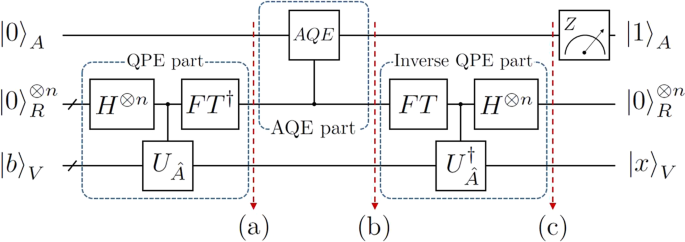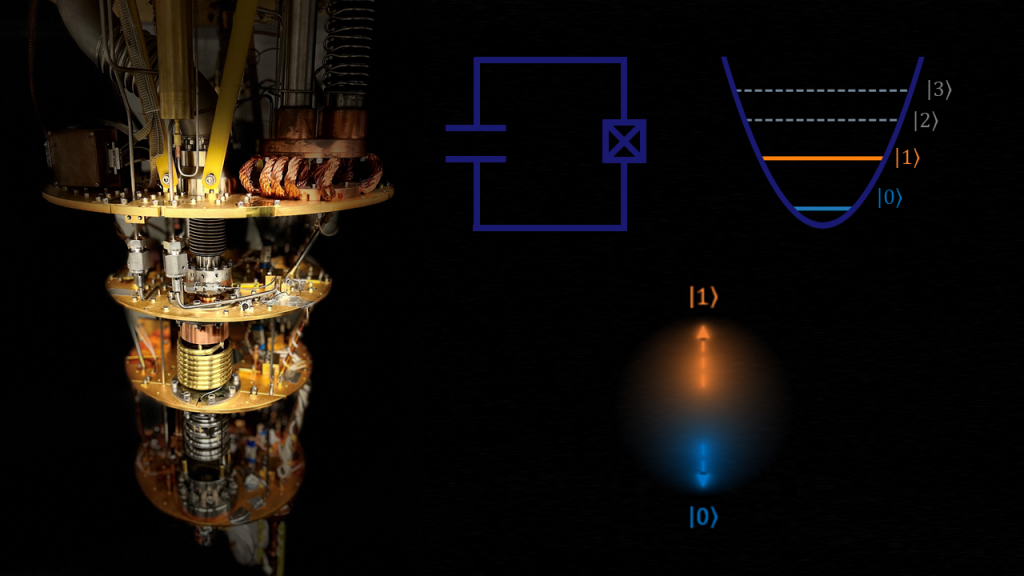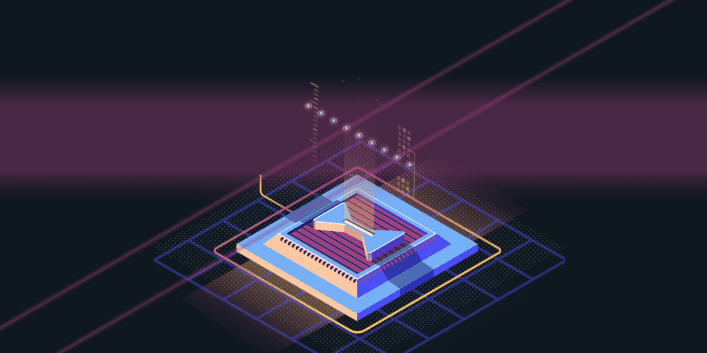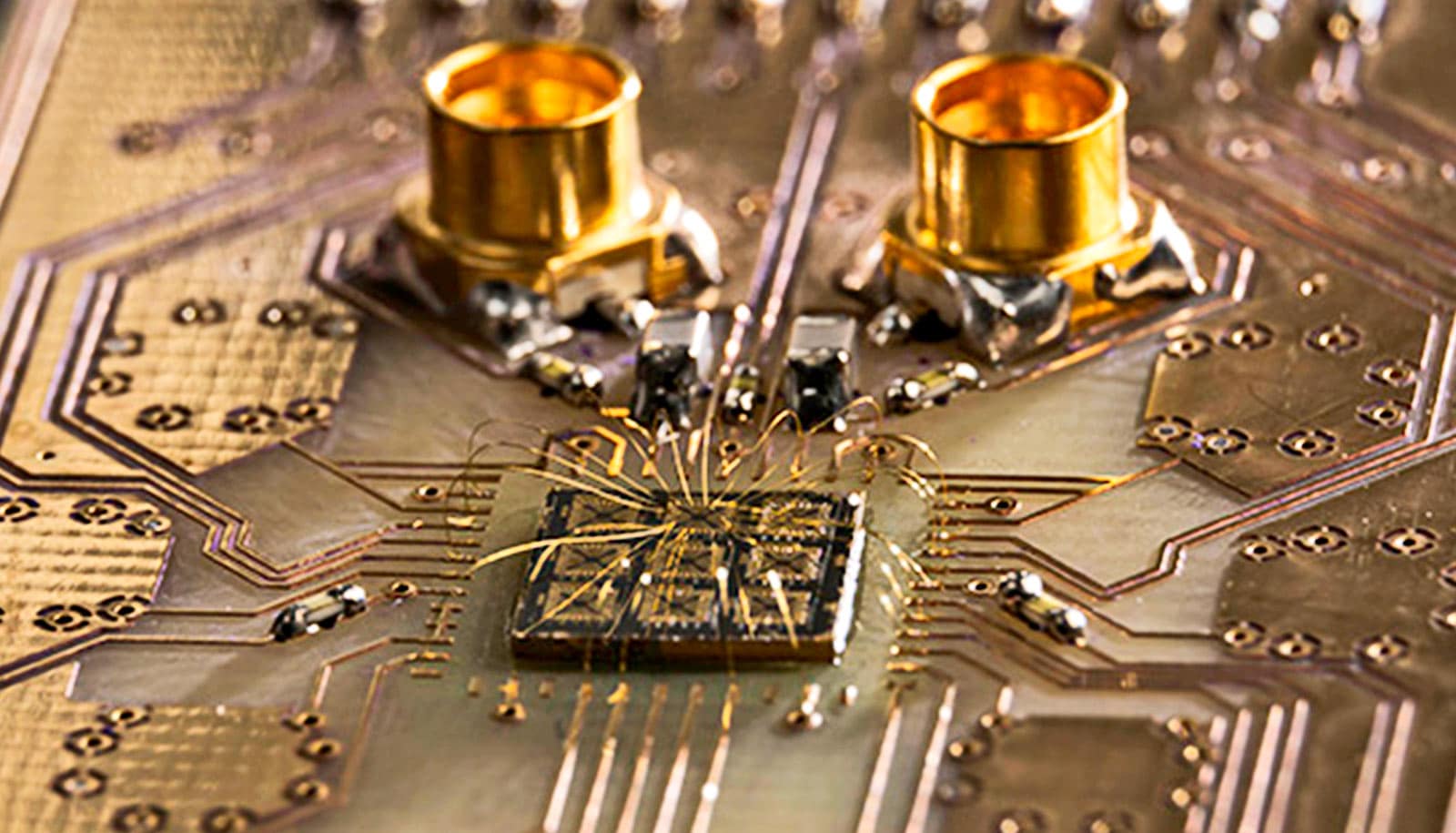The world of artificial intelligence is on the cusp of a revolution. Enter quantum AI, a burgeoning field that harnesses the mind-bending power of quantum mechanics to push the boundaries of what machines can do. Unlike their classical counterparts, quantum computers utilize qubits, which can exist in multiple states simultaneously, granting them unparalleled computational power.
Quantum Algorithms: Superpowering AI
Imagine an algorithm that can crack complex codes in seconds, design materials with impossible properties, or simulate drug interactions at the atomic level. These are just a few examples of the astonishing feats promised by quantum algorithms. Here are some of the most significant players in this domain:
Grover’s Algorithm
This algorithm can find a specific element in an unsorted database with a quadratic speedup compared to classical algorithms. Imagine searching a phonebook for a specific name – a classical computer would have to check each entry one by one, while Grover’s algorithm could find it in a fraction of the time.

Grover’s algorithm leverages quantum superposition to search databases with incredible efficiency (Image source: Science Magazine)
Shor’s Algorithm
This algorithm can factor large integers exponentially faster than classical algorithms, posing a significant threat to current encryption methods. Its potential impact on cybersecurity is immense.

Shor’s algorithm uses quantum principles to break current encryption schemes (Image source: APS Physics)
HHL Algorithm
This algorithm can solve certain linear algebra problems with a significant speedup compared to classical algorithms. This has applications in various fields, including material science and drug discovery.

The HHL algorithm leverages quantum principles to solve complex linear algebra problems quickly (Image source: ResearchGate)
Quantum Hardware: Building the Foundations
Turning these algorithms into reality requires powerful quantum hardware. This is an active area of research, with several types of qubits vying for dominance:
Superconducting Qubits
These qubits are formed by loops of superconducting material cooled to near absolute zero. They are currently the most common type of qubit, but they are prone to errors.

Superconducting qubits leverage quantum effects in supercooled circuits (Image source: Fraunhofer IAF)
Trapped Ion Qubits
These qubits are formed by charged ions trapped in electromagnetic fields. They are less prone to errors than superconducting qubits, but they are also more difficult to scale.

Trapped ion qubits use quantum effects on trapped charged particles (Image source: APS Physics)
Topological Qubits
These qubits are based on exotic quantum properties of materials and are still in their early stages of development. They have the potential to be more stable and scalable than other types of qubits.

Topological qubits leverage unique quantum states in exotic materials (Image source: Microsoft)
The Future of Quantum AI: Limitless Possibilities
The potential applications of quantum AI are vast and transformative. Some of the most promising areas include:
Materials Science
Quantum computers could help design new materials with superior properties, such as lighter airplanes, more efficient solar cells, and drugs with targeted effects.
Drug Discovery
By simulating complex molecules and disease processes, quantum computers could accelerate the development of new drugs and treatments.
Finance
Quantum algorithms could optimize financial portfolios and develop new trading strategies.
Artificial Intelligence
Quantum AI could lead to the development of even more powerful and sophisticated AI systems.
Challenges and Considerations
While the potential of quantum AI is immense, there are also significant challenges to overcome:
Hardware Development
Building stable and scalable quantum computers is a complex and expensive task.
Algorithm Development
Designing efficient and practical quantum algorithms is an active area of research.
Error Correction
Quantum computers are prone to errors, and correcting these errors is a major challenge.
Ethical Considerations
The immense power of quantum AI raises ethical concerns that need to be addressed.
The Future is Bright for Quantum AI
Despite these challenges, the future of quantum AI is bright. This revolutionary technology has the potential to change the world in profound ways. By harnessing the power of quantum mechanics, we can unlock a new era of innovation and progress, paving the way for a future where the impossible becomes possible.
















Add Comment